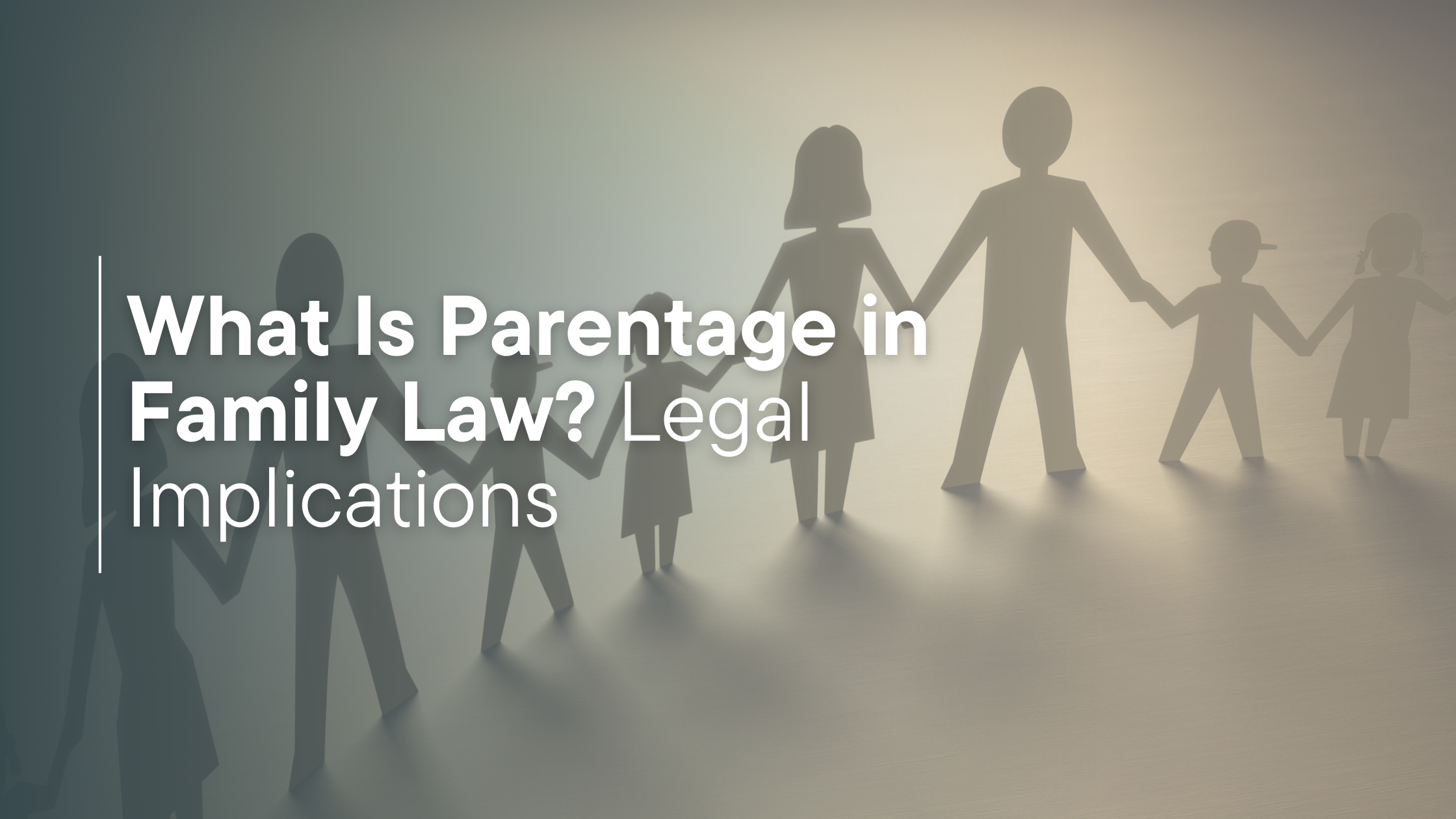Unsure where your family law case should be filed? You’re not alone. Understanding court jurisdictions is the first step in navigating family legal matters with confidence and clarity.
When it comes to family law—whether it’s divorce, custody, or child support—where your case is heard matters just as much as what it’s about. The legal term for this is jurisdiction, and knowing which court has the authority to hear your case can prevent costly delays and confusion.
At Barli & Associates LLC, we help individuals and families across New Jersey move through the legal system with clarity and peace of mind. In this blog, we’ll explain how jurisdiction works, what courts typically handle family law matters, and when it’s time to seek legal guidance.
What Is Jurisdiction in Family Law?

Jurisdiction refers to a court’s legal authority to hear and decide a case. In family law, there are two primary types:
- Subject Matter Jurisdiction: The court’s power to hear a particular type of case (e.g., divorce or custody).
- Personal Jurisdiction: The court’s authority over the people involved in the case.
Both types must be in place for a case to proceed. Without proper jurisdiction, the court may dismiss the case entirely.
Which Courts Handle Family Law Matters?

Family law cases are handled in a variety of courts, depending on the type of issue and where the parties live:
1. State Family Courts
- Most family law cases—including divorce, child custody, alimony, and adoption—are heard here.
- In New Jersey, these cases are generally handled in the Family Division of the Superior Court in the appropriate county.
2. County or District Courts
- Some states structure family law matters at the county or district level, but in New Jersey, these are unified under the state system.
3. Juvenile Courts
- These courts handle matters involving child welfare, abuse, and neglect.
- In New Jersey, these are also part of the Family Division, focused specifically on child protection.
4. Tribal Courts
- For individuals who are members of federally recognized Native American tribes, family law cases may fall under tribal court jurisdiction.
5. Federal Courts (Rare)
- Generally, federal courts do not handle family law cases.
- Exceptions include international custody disputes under the Hague Convention or constitutional claims.
How Jurisdiction Is Determined

Several factors influence which court has jurisdiction over a family law matter:
- Residency Requirements: Most states, including New Jersey, require that at least one spouse has lived in the state for a set period before filing for divorce (typically 12 months).
- Home State Rule: In custody cases, the child’s home state—where they have lived for the past six months—usually determines jurisdiction.
- Location of the Marriage or Separation: Sometimes the location where the marriage was registered or ended can impact jurisdiction.
- Emergency Situations: Courts can take temporary emergency jurisdiction when a child is in danger and immediate action is required.
What If Parents Live in Different States or Countries?

If parties live in different jurisdictions, special rules apply:
- The Uniform Child Custody Jurisdiction and Enforcement Act (UCCJEA) helps determine which state has authority over custody matters.
- International cases may be governed by treaties such as the Hague Convention, which addresses wrongful removal or retention of children across borders.
These cases are complex and often require skilled legal counsel to resolve efficiently.
Why the Right Jurisdiction Matters

Filing your case in the correct court ensures:
- Valid and enforceable orders
- Faster resolution and fewer delays
- Reduced risk of jurisdictional challenges
Choosing the wrong jurisdiction can waste time, increase costs, and even result in dismissal.
When Should You Speak to a Family Law Attorney?

If your situation involves:
- Living in different counties or states than your spouse or co-parent
- Recent relocation of a child
- Emergency protective orders
- Any cross-border custody issue
… it’s time to get legal advice. At Barli & Associates LLC, we specialize in navigating these jurisdictional challenges with precision and care.
Take the First Step Toward Clarity
Family law can be overwhelming—but you don’t have to figure it out alone. Our team is here to provide clear guidance, trusted legal advice, and a personalized strategy tailored to your situation.
Contact us today at 973-638-1101 or info@barlilaw.com.
Let’s work together to protect your rights and secure your peace of mind.





